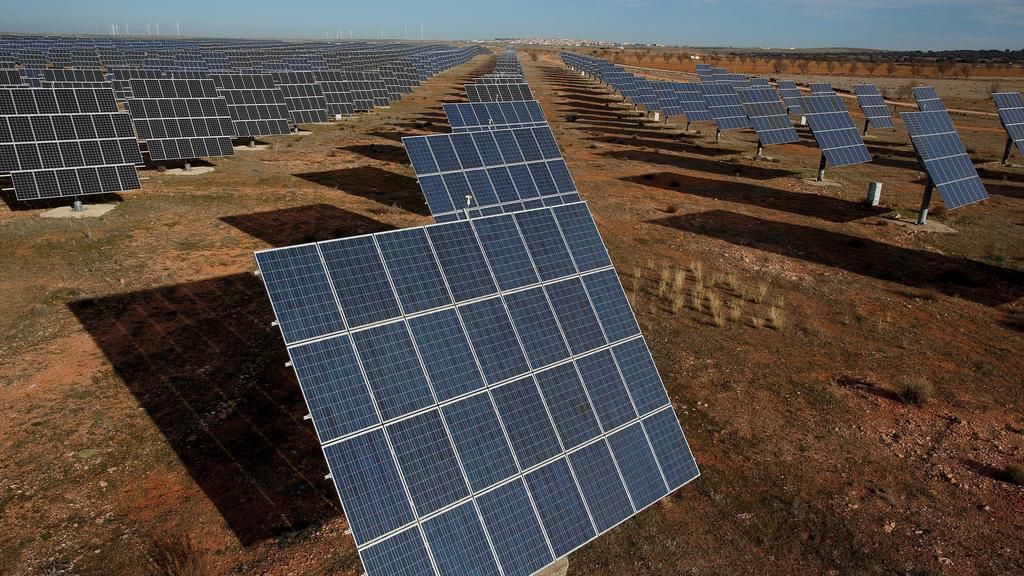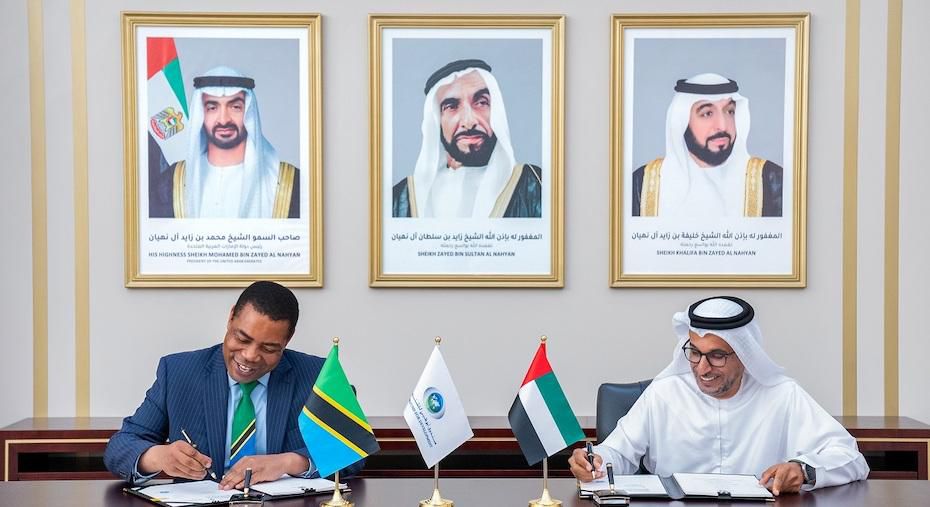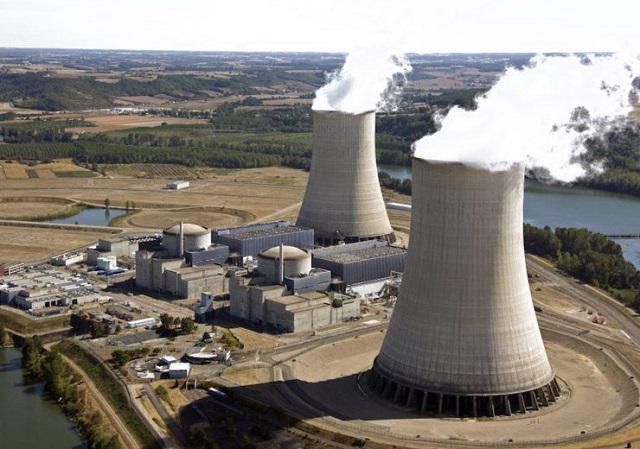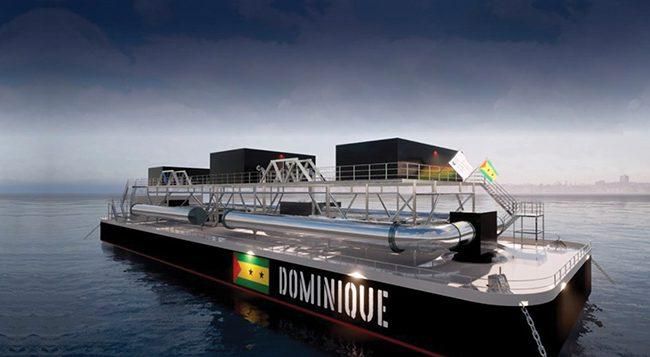See the 4 African countries set to test run the World Bank’s $15 billion energy program
)
- World Bank is set to invest $15 billion in Sub-Saharan Africa.
- The program is aimed at enhancing sustainable and clean energy access in the region.
- It would eventually benefit 100 million Africans across 20 countries.
According to The East African, a news platform focused on news in East Africa, over the following seven years, the "Accelerating Sustainable and Clean Energy Access Transformation (Ascent) program" will be expanded to 20 nations in the area.
Ajay Banga, President of the World Bank Group, revealed the $15 billion project in Zanzibar during the International Development Association's (IDA) mid-term review conference of its 20th financing round.
"We know it won't solve the problem of access to power for the entire continent since there are more than 600 million Africans facing the problem. But we see it as a start and also a platform to draw more interest among IDA partners to also join the cause through similar investments,” the World Bank president relayed.
The World Bank noted that this program would be very instrumental to the development of the region where the percentage of people who have access to electricity in the urban areas is just 48% and those in rural areas with access to electricity stands at 26%.
“The lack of energy access is the most significant challenge to development progress in the region today (as it) hinders economic recovery and faster progress toward poverty reduction," the bank stated.
"It also results in significant food spoilage owing to lack of refrigeration, particularly in countries already plagued with food insecurity, and plays a role in poor health outcomes given that less than half of all hospitals in the region have reliable electricity access," the Bank added.
The bank also added that the program is also designed to aid and empower women in the region. "Women, who are often disproportionately burdened by lack of energy access, will benefit the most and will also be provided additional income-generating opportunities to unleash their economic potential," the Bank said.
Recent energy milestones
Somalia

Back in November, SolarQuarter an energy sector media outlet, reported that Somalia had made major progress in initiating its mega solar project. The project which is funded primarily by the Abu Dhabi Fund for Development (ADFD), is designed to yield a production capacity of 3.5 megawatts.
Tanzania

Similar to Somalia’s case, the Abu Dhabi Fund for Development (ADFD), back in August also reached an agreement with Tanzania, committing to an energy project in the East African country, worth AED 110 million (US$30 million) to enhance energy security in the country.
Rwanda

Rwanda's atomic energy regulator announced back in August, according to a report issued by the American news agency Reuters, that Rwanda and Dual Fluid Energy Inc., a Canadian-German corporation, have signed a deal for Rwanda to construct a test nuclear reactor.
Sao Tome and Principe

In September, ESI Africa an energy and utility multimedia platform reported that the small island nation of Sao Tome and Principe would become home to a floating Ocean Thermal Energy Conversion (OTEC) platform. OTEC generates renewable energy via temperature differential between the deep cold and relatively warmer surface waters of the ocean.

)
,fit(112:112))
,fit(112:112))
)
,fit(112:112))